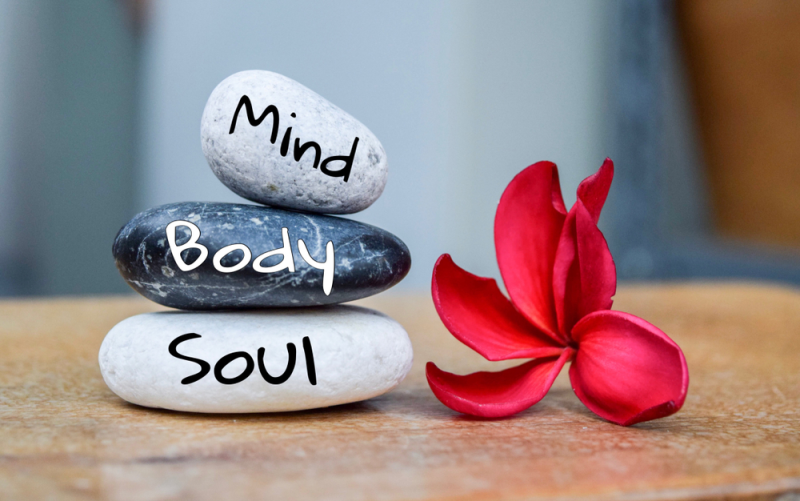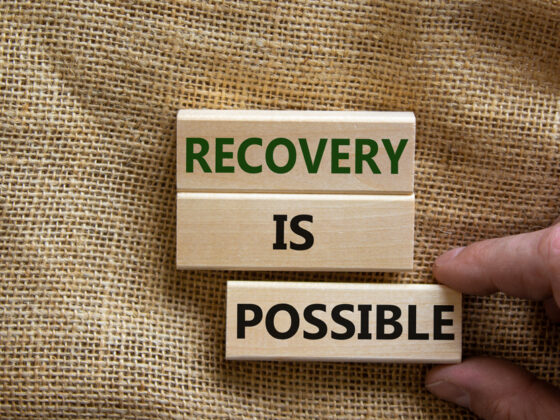In the realm of addiction treatment, a holistic approach that integrates alternative therapies can offer profound benefits, complementing traditional methods and supporting overall well-being. This comprehensive approach addresses not just the physical aspects of addiction but also the psychological, emotional, and spiritual needs of individuals. Let’s explore how incorporating holistic therapies can enhance the recovery process and support long-term sobriety.
Understanding Holistic Healing
A Multi-Dimensional Approach
Holistic healing recognizes the individual as a whole, considering all factors that contribute to their well-being. It’s about more than just alleviating symptoms; it’s about fostering an overall state of health and balance.
The Benefits of Alternative Therapies
Incorporating alternative therapies into addiction treatment can reduce stress, alleviate withdrawal symptoms, improve mental health, and provide tools for long-term health and wellness. The National Center for Complementary and Integrative Health offers insights into how these therapies can contribute to overall health and well-being.
Key Alternative Therapies in Addiction Treatment
Acupuncture and Acupressure
Acupuncture and acupressure can help reduce cravings, ease withdrawal symptoms, alleviate pain, and promote relaxation. The British Acupuncture Council provides more information on how acupuncture can be integrated into addiction treatment.
Yoga and Meditation
Yoga and meditation are powerful tools for managing stress and emotional turmoil. They foster a sense of peace, improve physical health, and enhance self-awareness and mindfulness, which are crucial for individuals in recovery.
Art and Music Therapy
Art and music therapy provide outlets for expression and emotional exploration, helping individuals process their feelings in a non-verbal way. These therapies can be particularly beneficial for those who find it challenging to articulate their emotions.
Nutritional Therapy
Proper nutrition is vital during recovery. Nutritional therapy focuses on helping individuals rebuild their physical health, address deficiencies, and establish healthy eating habits that support their overall well-being.
Integrating Holistic Therapies into Treatment Plans
Assessing Individual Needs
A successful holistic treatment plan begins with a thorough assessment of the individual’s needs, preferences, and circumstances. This ensures that the therapies chosen are the most beneficial for their unique journey.
Complementing Traditional Treatments
Holistic therapies are most effective when used in conjunction with traditional treatments like counseling and medical detox. They provide additional support, helping individuals cope with the challenges of recovery and build a solid foundation for sobriety.
Ongoing Support and Adaptation
As individuals progress through recovery, their needs can change. A holistic approach allows for continuous adaptation and customization of the treatment plan, ensuring that it evolves to meet the individual’s developing needs.
Choosing a Holistic Treatment Program
When seeking a holistic treatment program, it’s essential to choose a facility that understands the importance of integrating alternative therapies with traditional treatments. A center that offers a comprehensive approach, like those specializing in medical detox, can provide the diverse range of services needed for effective holistic healing.
Conclusion: A Path to Comprehensive Recovery
Incorporating holistic therapies into addiction treatment can provide a more comprehensive approach to recovery, addressing the full spectrum of an individual’s needs. By embracing these alternative therapies, individuals can enjoy a more balanced, healthy, and fulfilling journey to sobriety, equipped with a wide range of tools to support their long-term well-being. Holistic healing is not just about overcoming addiction; it’s about empowering individuals to lead richer, more vibrant lives.








